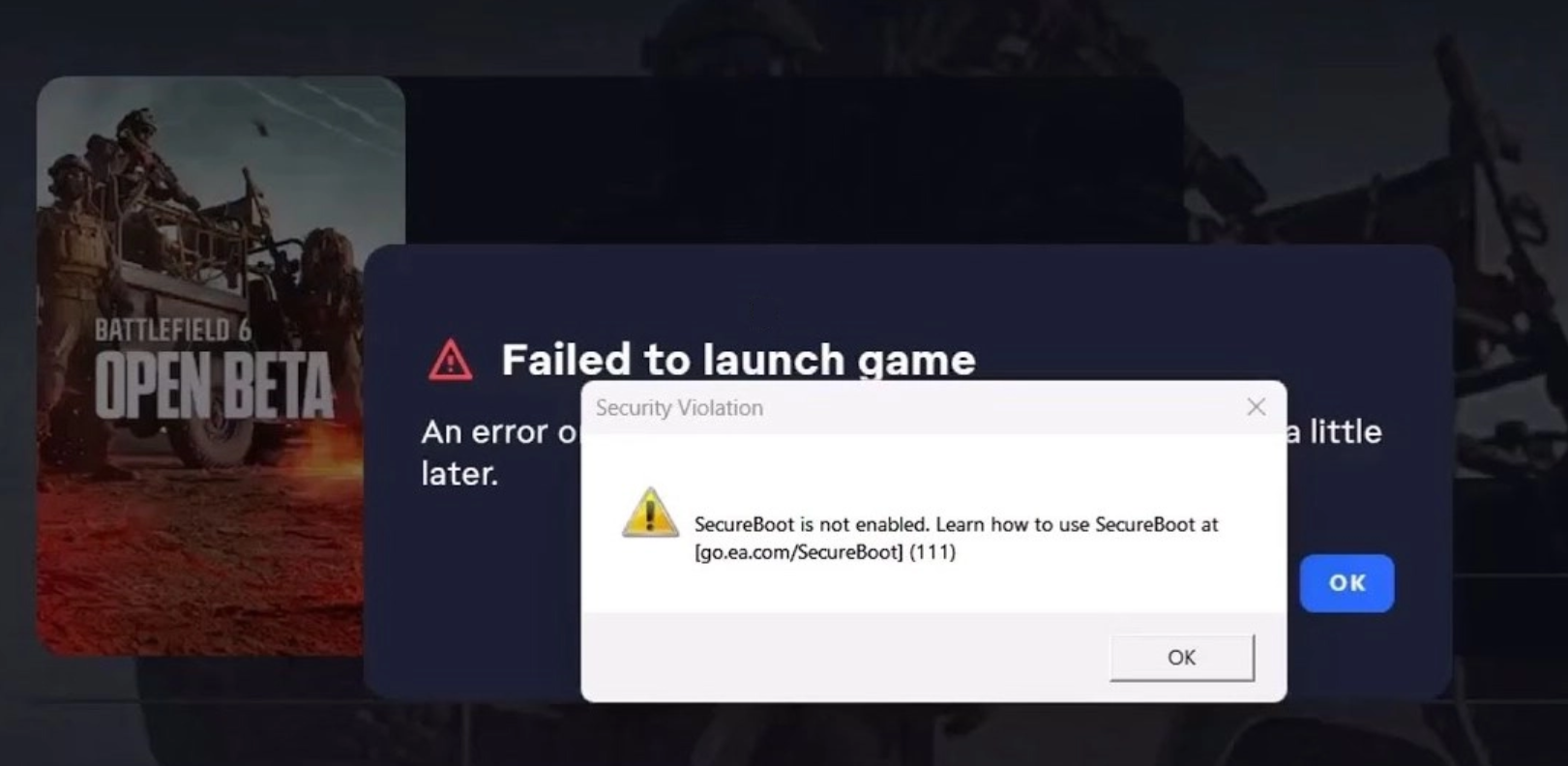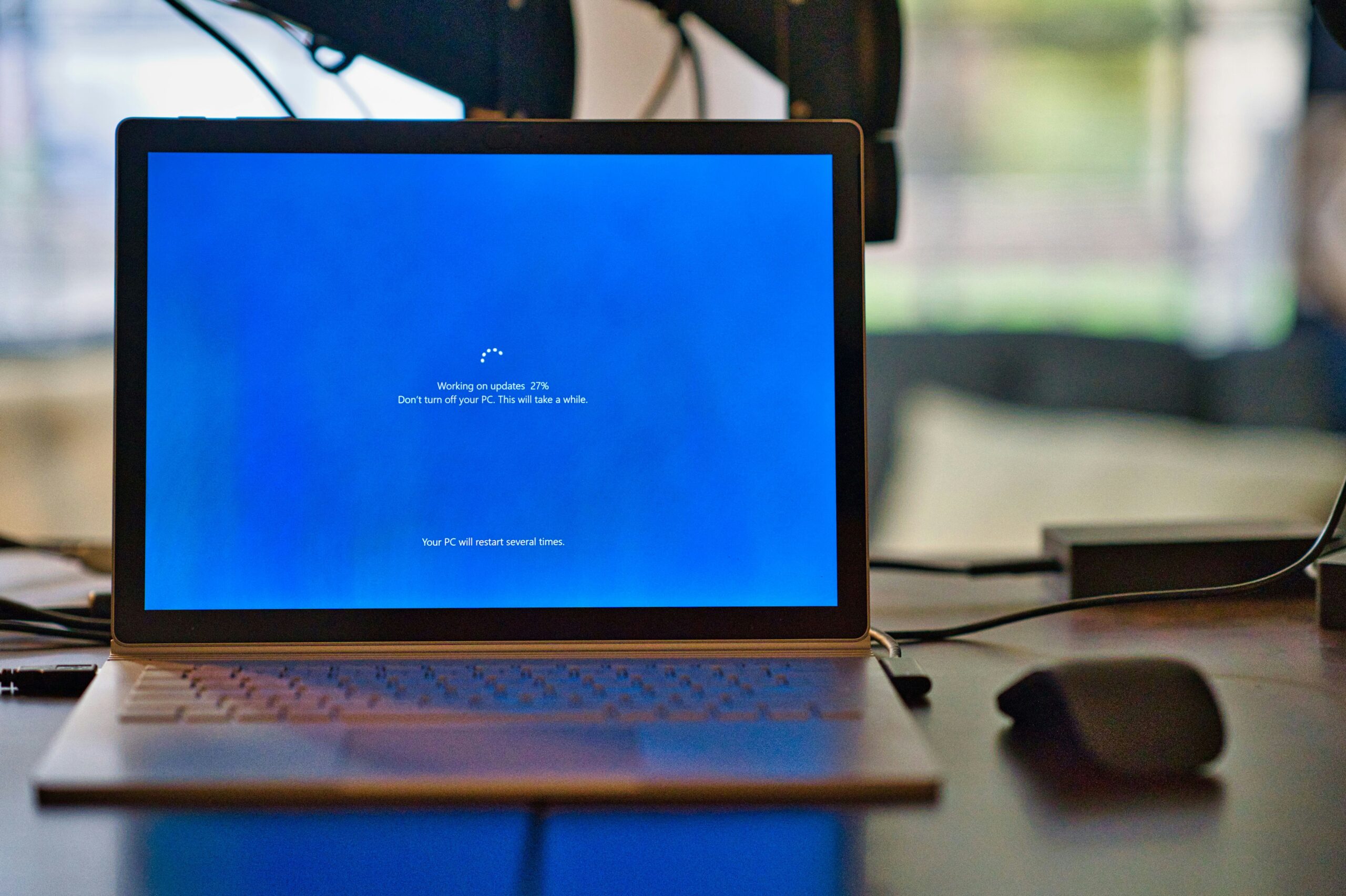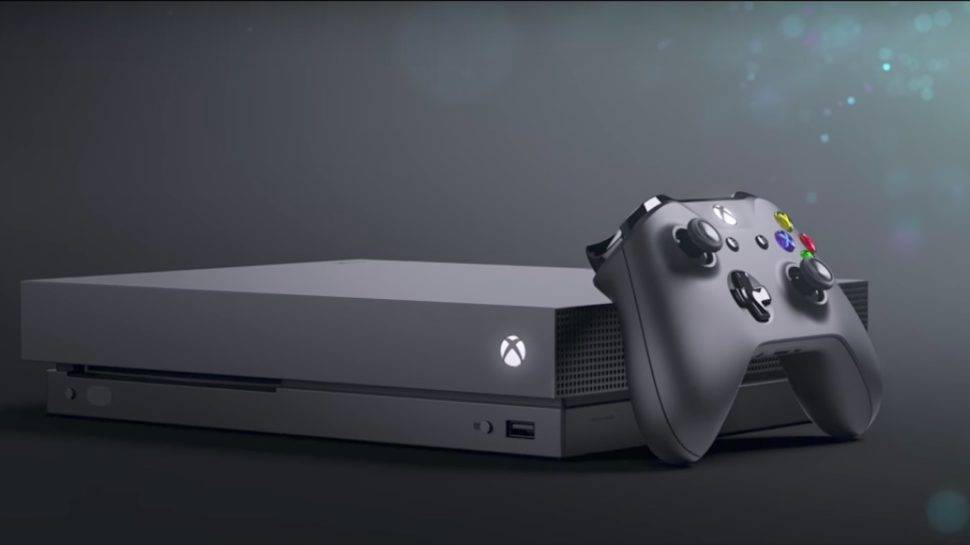There were many exciting product announcements and prototypes demoed at this year’s Consumer Electronics Show, but few so plentiful as next generation gaming innovations. Whether you dedicate a large part of your free time video game playing or are simply intrigued by the potential uses of virtual reality in the future of computing, CES 2013 didn’t disappoint.
Nvidia, known primarily as a manufacturer of graphics cards and chipsets, announced that they’re joining the likes of Nintendo DS and Playstation PSP with the Nvidia Shield. “Project Shield” is a handheld gaming device that resembles an Xbox controller with a flip-up screen. The quad-core portable gaming system runs an Android open platform OS that Nvidia hopes will encourage game developers to create new content inspired to take advantage of the device’s advanced graphics capabilities.
You’ll be able to play Android games or if you have a compatible Nvidia GTX graphics card in your PC, you can stream games over WiFi. This enables users to continue a game on the couch or in bed that you normally would have been tied to your computer to play.
The ability to play full fledged PC games on a handheld unit is exciting, but you’re still limited by the fact that you must be within WiFi range of the computer running the game. Not so with the Razer Edge Gaming Tablet. Available this February, this Windows 8 tablet has a processor and graphics chip capable of rendering current generation PC game graphics never before accessible on a tablet. This means that you can play full-graphic PC games on the device, even when you’re offline.
An optional snap-on Game Pad Controller case adds side controllers to access controls with your thumbs while holding the tablet like a steering wheel. For more traditional functionality, a mouse and keyboard are available. The main drawback is price: the basic version will start at $999, significantly more than your average tablet.
For those who already own a tablet but lament the lack of on-board graphics processing, Nvidia had another exciting announcement. Its cloud gaming project, Nvidia Grid, will be made available to gaming manufactures to license and will allow supported games to be played on Nvidia’s server, not the user’s device. This means that gamers will be able to play high resolution games on a multitude of devices by streaming over the internet, even devices that don’t have a graphics chip capable of playing the game otherwise.
Nvidia Grid will render graphics in the cloud. Imagine playing World of Warcraft on a tablet, for example, even one with a slower processor and/or weak graphics processing ability. Your gaming will be limited only by the stability of your internet connection and the resolution of your screen.
Finally, the Oculus Rift virtual reality headset lets you feel as though you are stepping inside your video game. It straps to your head like a black box over your eyes and then uses a multitude of sensors to measure how your head is moving in three dimensions. That motion is translated to how your character moves in 3D space, allowing you to feel like you’re in the game.
While only a prototype was available at CES, it will ship to software developers in March so that they can create content for it. No hint as to when will it hit shelves or how much it will cost, but truly effective virtual reality carries a wealth of other technological possibilities. From improving the computing abilities of the mobility impaired, to allowing for mechanics, surgeons, or a multitude of professionals to work remotely, virtual reality is sure to change how we interact with our gadgets in the years to come.

About The Author: Andrea Eldridge is CEO and co-founder of Nerds On Call, a computer repair company that specializes in on-site and online service for homes and businesses. Andrea is the writer of a weekly column, Nerd Chick Adventures in The Record Searchlight. She prepares TV segments for and appears regularly on CBS, CW and FOX on shows such as Good Day Sacramento, More Good Day Portland, and CBS 13 News, offering viewers technology and lifestyle tips. See Andrea in action at callnerds.com/andrea/.
About Nerds On Call: Established in a spare room in Redding, Calif., in March 2004, Nerds On Call offers on-site computer and laptop repair services to consumers and businesses. Nerds On Call provides trouble-shooting for PCs and Macs, home and office networks, printers, iPods® and MP3 players, handheld devices and cell phones, home theaters and game systems, and virtually every other form of digital entertainment. In 2009, 2010, & 2011 the company was named to Inc. magazine’s list of 5000 fastest growing private companies. With 7 locations across California and Oregon, Nerds On Call serves more than 40,000 satisfied customers per year. For more information, visit callnerds.com or call 1-800-919-NERD.






